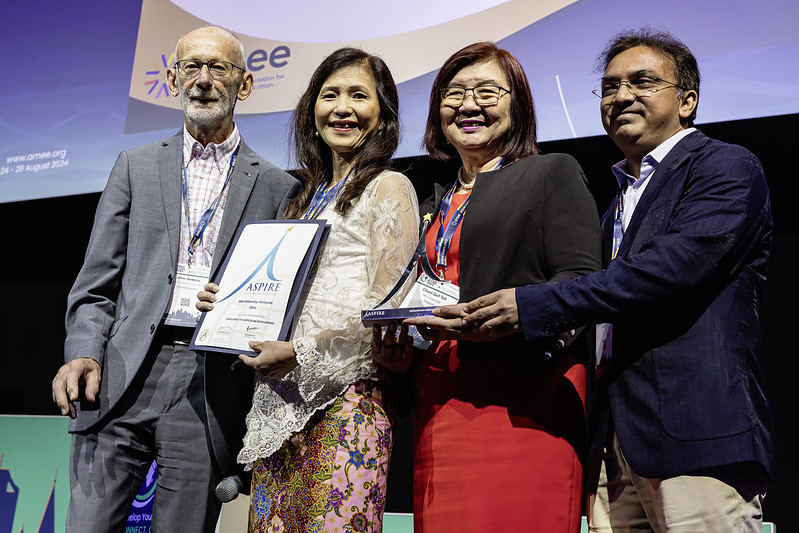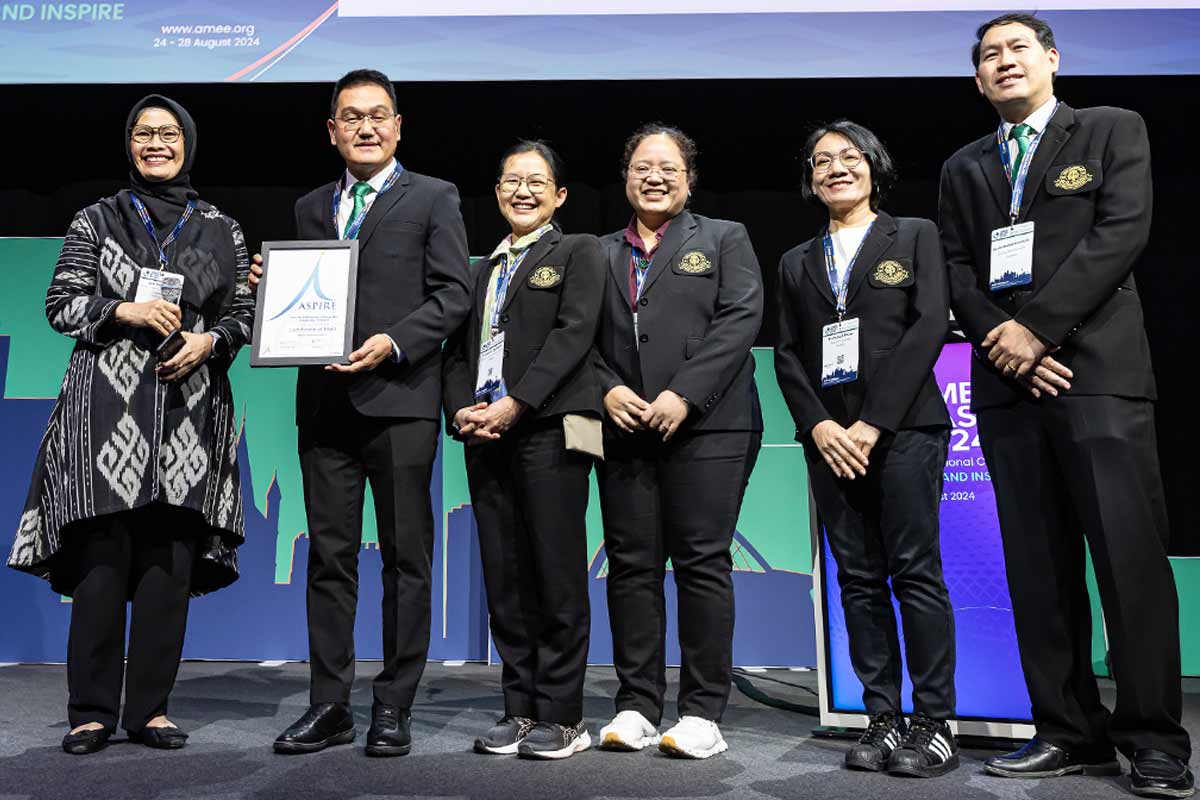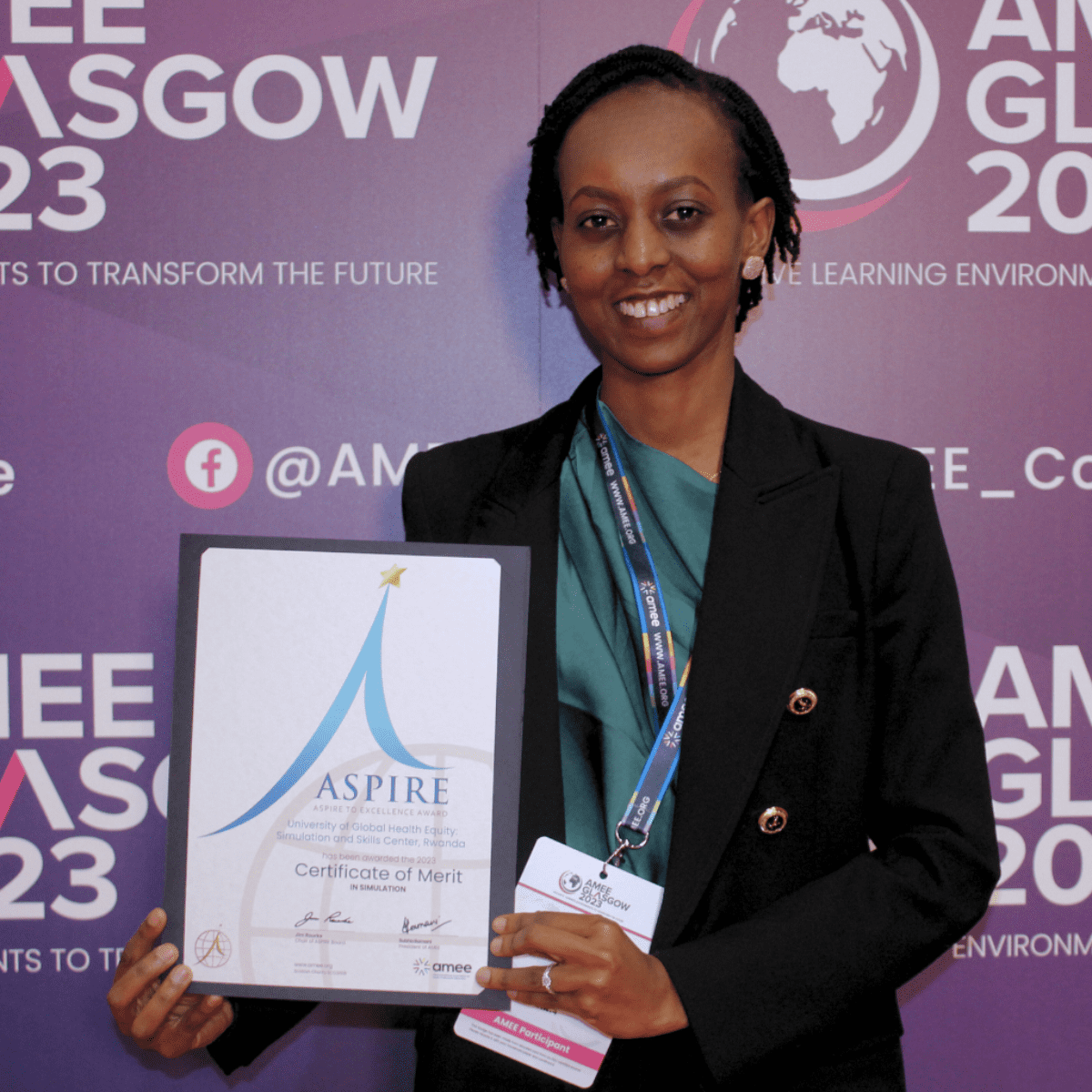ASPIRE Awards
The ASPIRE award programme was established to go beyond the traditional accreditation process, and to identify, recognise and reward world-class excellence in education. The aim of the programme is to highlight, showcase and exemplify best-practice in health professions education, improving the education process and outcomes of other institutions around the world.
Each year applications open for Medical, Dental or Veterinary Schools from across the globe to submit examples of their greatest achievements in a variety of areas, to be assessed against the defined criteria for excellence, set by a board and panels of international leaders and experts in their field.
Call for submissions for ASPIRE 2025 awards are now closed.


Become a Student Reviewer
A fantastic opportunity for students to work alongside our international ASPIRE Faculty, applying standards of excellence and contributing to application reviews.
Benefits of winning an ASPIRE award
Achieving an ASPIRE to Excellence award comes with a number of reputational benefits, highlighting your institution nationally and internationally as a global leader in the areas awarded. Successful institutions can also clearly demonstrate to their students, staff and other stakeholders that the quest for excellence in education is part of their school’s vision and mission, and can also highlight that the educational experience at the school, in the awarded areas, is amongst the best available in the world.
Your institution also becomes part of a extensive network recognised for their excellence in education.

